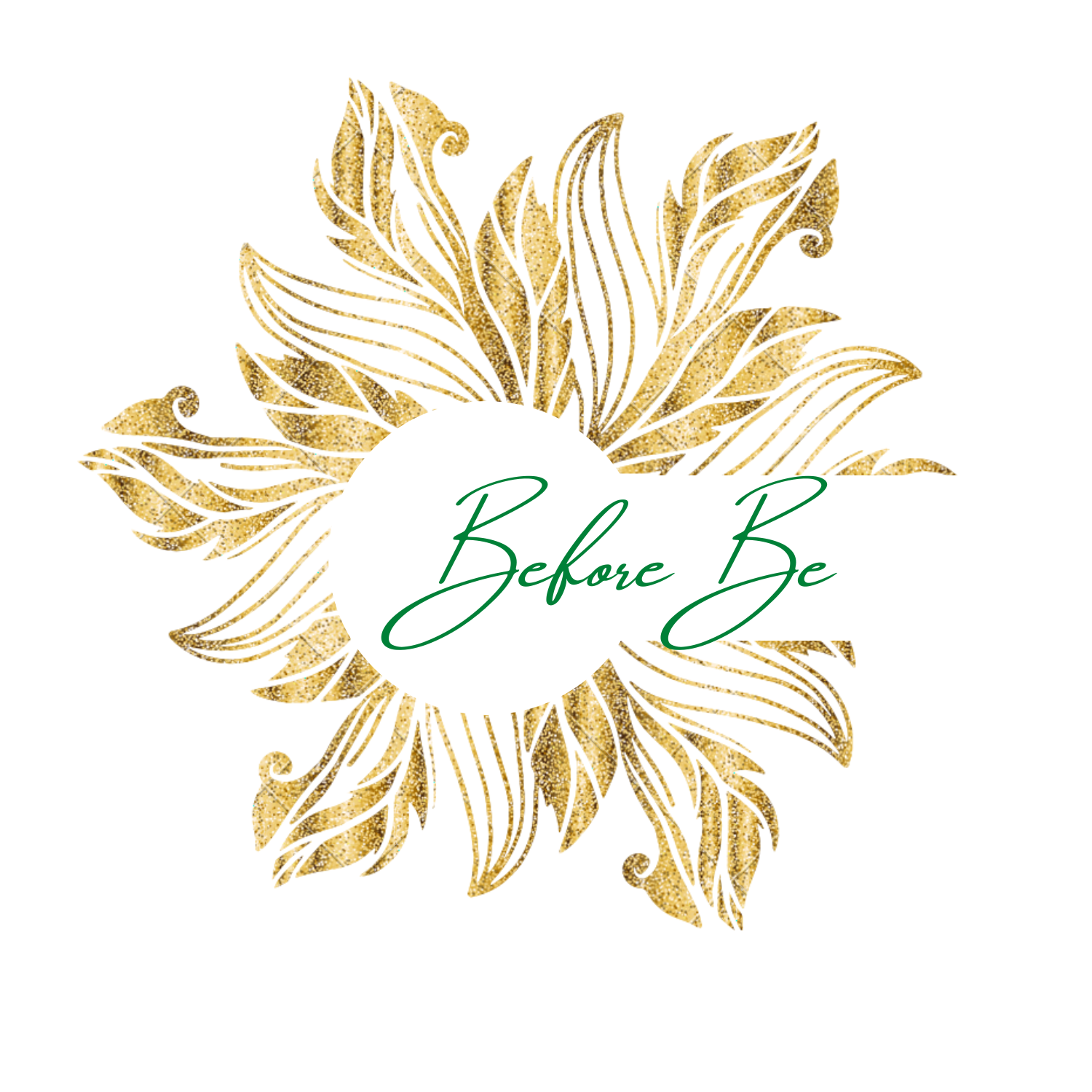Dimethyl sulfoxide (DMSO) is a highly versatile compound that has been extensively studied for its various medical applications, including as an anti-inflammatory, antioxidant, and analgesic agent. Recently, its potential as an agricultural tool has become an area of increasing interest in agricultural research. DMSO has been shown to have numerous benefits for plant growth and development, but it also has some drawbacks that need to be considered.
Benefits of DMSO in Agriculture:
- Increased Nutrient Uptake:
DMSO has been shown to enhance the uptake of nutrients by plants, including nitrogen, phosphorus, and potassium. This can lead to increased plant growth and development, as well as improved crop yields.
- Improved Root Development:
DMSO has been shown to improve root development in plants, leading to increased water and nutrient uptake. This can help plants to better withstand drought and other environmental stresses.
- Increased Resistance to Environmental Stresses:
DMSO has been shown to increase the resistance of plants to environmental stresses, such as drought, heat, and cold. This can help to improve the sustainability of agriculture by reducing crop losses due to environmental stresses.
- Reduced Pesticide Use:
DMSO has been shown to have pesticidal properties, reducing the need for chemical pesticides in agriculture. This can help to improve the sustainability of agriculture by reducing the environmental impact of pesticide use.
Drawbacks of DMSO in Agriculture:
- Toxicity:
DMSO can be toxic to plants at high concentrations, leading to reduced growth and development. Careful application and dosage are needed to avoid toxicity and ensure the safety of plants.
- Residues:
DMSO can leave residues on crops, which can be harmful to human health if consumed. Careful application and adherence to recommended waiting periods are needed to avoid residues and ensure food safety.
- Environmental Impact:
DMSO can have environmental impacts, such as contaminating soil and water. Careful application and adherence to recommended guidelines are needed to avoid environmental impacts and ensure sustainability.
- Cost:
DMSO can be expensive, making it less accessible for small-scale farmers. Cost-effective alternatives need to be explored to ensure the accessibility and affordability of buy dmso gel uk for all farmers.
Conclusion:
In conclusion, DMSO has the potential to be a valuable tool in agriculture, with numerous benefits for plant growth and development, as well as improved sustainability. However, careful application and dosage are needed to avoid toxicity and residues, and cost-effective alternatives need to be explored to ensure accessibility and affordability for all farmers. As with any agricultural tool, DMSO should be used responsibly and in accordance with recommended guidelines to ensure the safety of plants, human health, and the environment.



